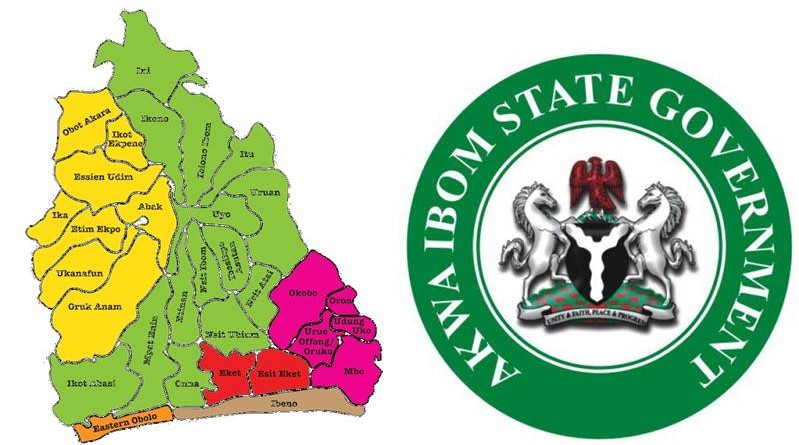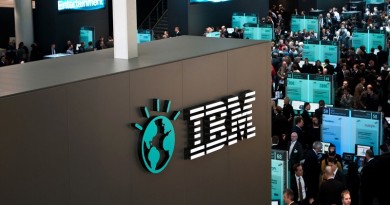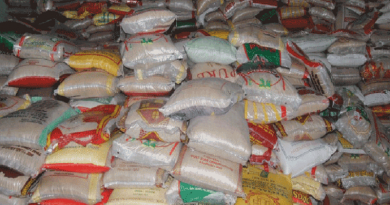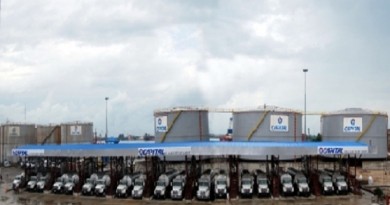Akwa Ibom based Largest Methanol Plant in Africa gets AFC Support
Africa Finance Corporation (AFC) (www.AfricaFC.org), recognized as the foremost provider of infrastructure solutions on the continent, is in the process of establishing a project development facility aimed at supporting Africa’s largest gas-to-methanol plant. This initiative seeks to substantially lower CO2 emissions by converting flared natural gas into a valuable chemical used in solvents, paints, plastics, and automotive components.
Located in Akwa Ibom, Nigeria, the project aims to produce an initial capacity of 1.8 million tonnes per annum (MTPA) of methanol, thereby diversifying the local economy and creating over 18,000 job opportunities. AFC has pledged development stage financing to mitigate risks associated with the project and facilitate its financial closure, in addition to offering financial advisory services to the sponsors to secure the necessary project financing and ensure the successful execution of this transformative initiative. The project is spearheaded by Blackrose, a firm specializing in project development and investment, in collaboration with the International Finance Corporation (IFC), the private sector division of the World Bank Group, which is co-financing the venture alongside AFC.
Nigeria possesses the largest natural gas reserves in Africa, totaling 200 cubic feet, yet a significant portion remains untapped, presenting a considerable opportunity to enhance the country’s natural resource utilization and improve climate resilience. Gas flaring has posed a serious threat to local communities since the onset of oil production, releasing harmful chemicals associated with respiratory and other health problems.
Samaila Zubairu, President and CEO of AFC, stated, “This groundbreaking initiative is converting a significant challenge for Nigerians into a remarkable opportunity by leveraging the nation’s vast gas reserves to position itself as a global frontrunner in low-carbon manufacturing and energy systems. Our strategic partnership with Blackrose and IFC highlights our commitment to facilitating Africa’s practical transition to net zero, focusing on swift industrial growth, local employment generation, and socio-economic development through the production of methanol, a versatile and low-carbon industrial feedstock.”
The methanol project will unfold in two distinct phases, each designed to achieve an installed capacity of 1.8 MTPA. The first phase will focus on the production of low-carbon methanol, an essential industrial chemical used in the manufacturing of a wide array of everyday products, such as solvents for pharmaceuticals, paints, plastics, automotive components, and construction materials. This methanol also serves as a lower-emission alternative fuel for hard-to-decarbonise sectors, including shipping and industrial boilers, with potential applications in cooking stoves and fuel cell technologies. The second phase will broaden methanol production to encompass ammonia, a vital feedstock for fertiliser manufacturing.
Methanol is synthesized using synthetic gas primarily derived from coal and natural gas. By employing state-of-the-art energy-efficient production techniques, the facility will achieve a significantly lower net carbon intensity compared to conventional methanol synthesis methods, while also curtailing CO2 emissions by utilizing gas that would otherwise be flared. Furthermore, the project includes plans for carbon capture and offset strategies, as well as the integration of external hydrogen to further approach carbon neutrality.
Upon becoming operational, the gas-to-methanol facility is anticipated to create over 2,500 local jobs during the construction phase, along with an additional 16,000 indirect jobs by stimulating manufacturing activities and promoting economic diversification.




